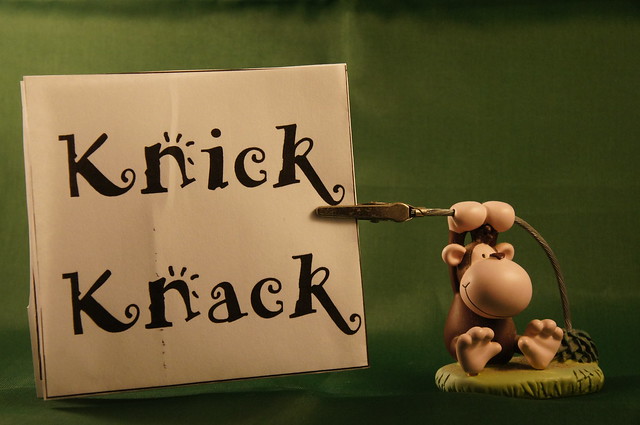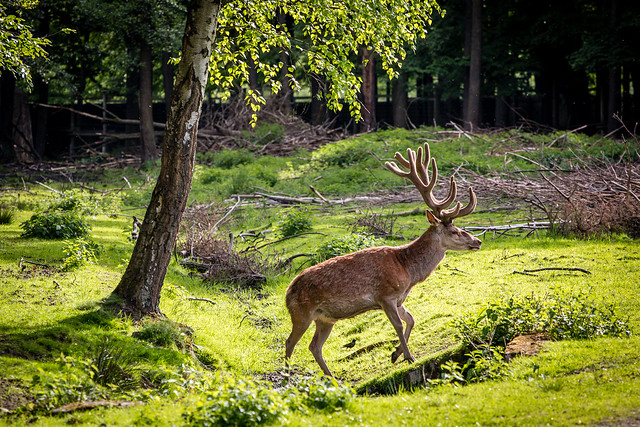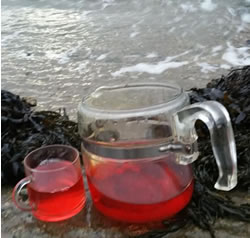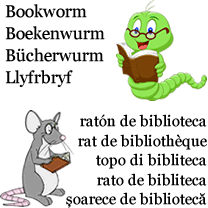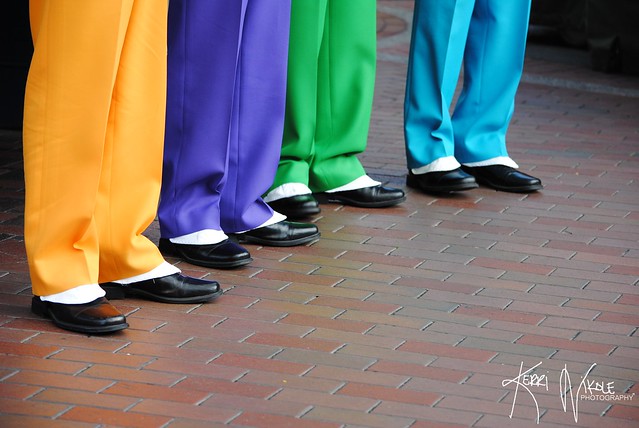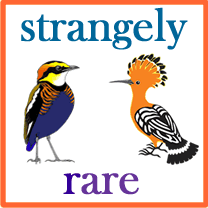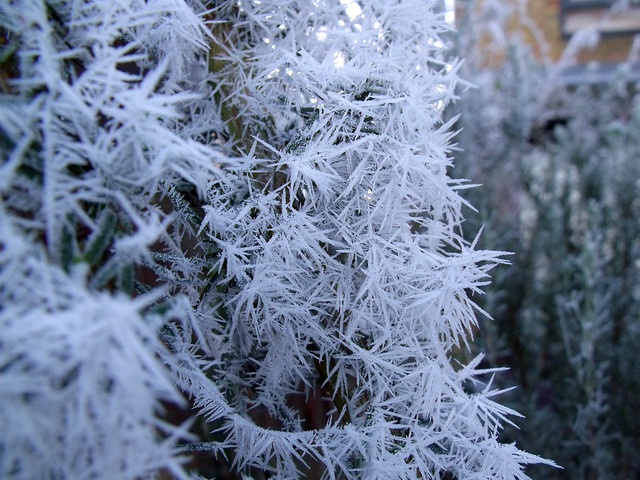The hedge in my garden was cut down yesterday, and soon work will start clearing the end of the garden where my new studio will be built. Now I need to hire a skip for all the stuff that needs to be taken away.

This is how my garden looks at the moment. The shed and the mound next to it will be removed next. The wooden fence on the left belongs to my neighbours, and hopefully they’ll fix it or replace it soon.
A skip in this sense is “a large open-topped container for waste, designed to be lifted onto the back of a truck to remove it along with its contents” (see below). It can also refer to a transportation container in a mine, usually for ore or mullock (waste material from a mine), a wheeled basket used in cotton factories, a charge of syrup in the pans (in sugar manufacture), or a beehive.
It comes from the Middle English word skep(pe) (basket, beehive made of straw or wicker), from the Old English sceppe, from Old Norse skeppa (basket), which is of unknown origin [source].
From the same Old Norse root we get the Swedish word skeppa [ɧɛpʰa] (to ship; to transport by ship or boat) [source].
Apparently the word skip is mainly used in the UK, and the equivalent in North America is a dumpster. Is that right? What about in other places?
The word dumpster comes from dump and Dempster, a brand name for such things that became generic [source].

